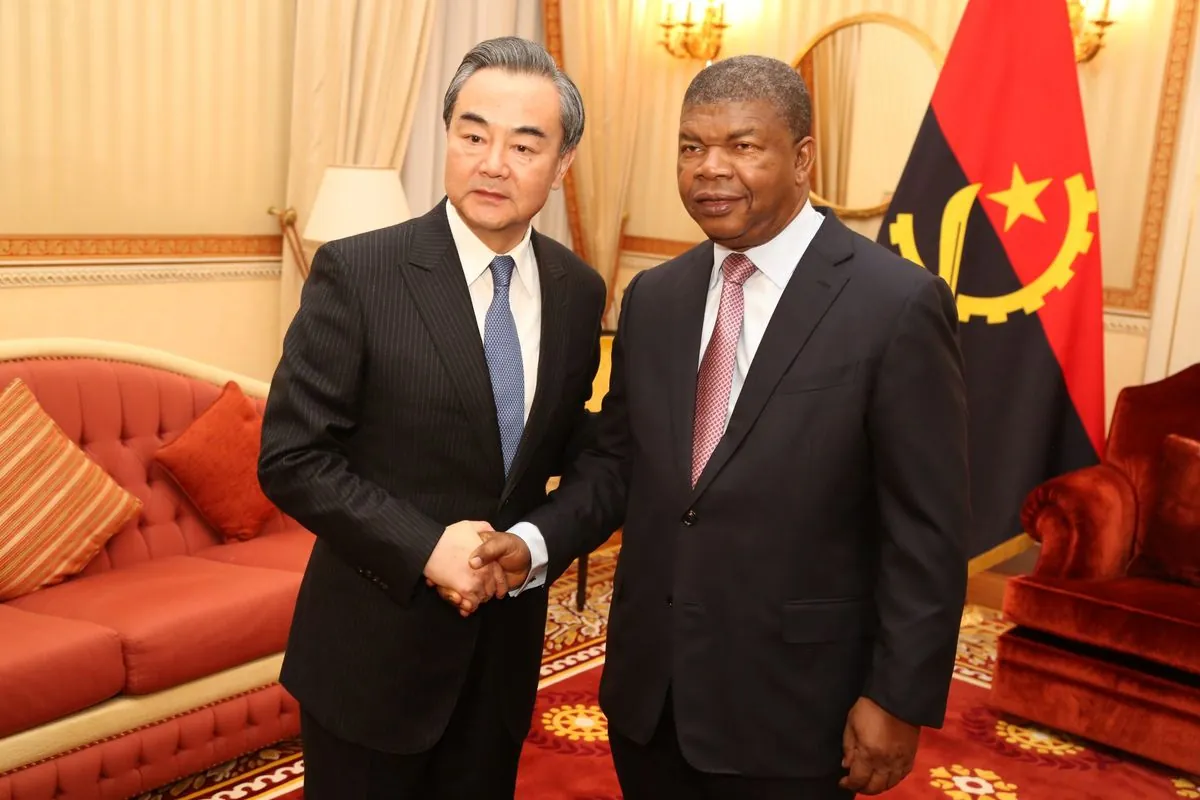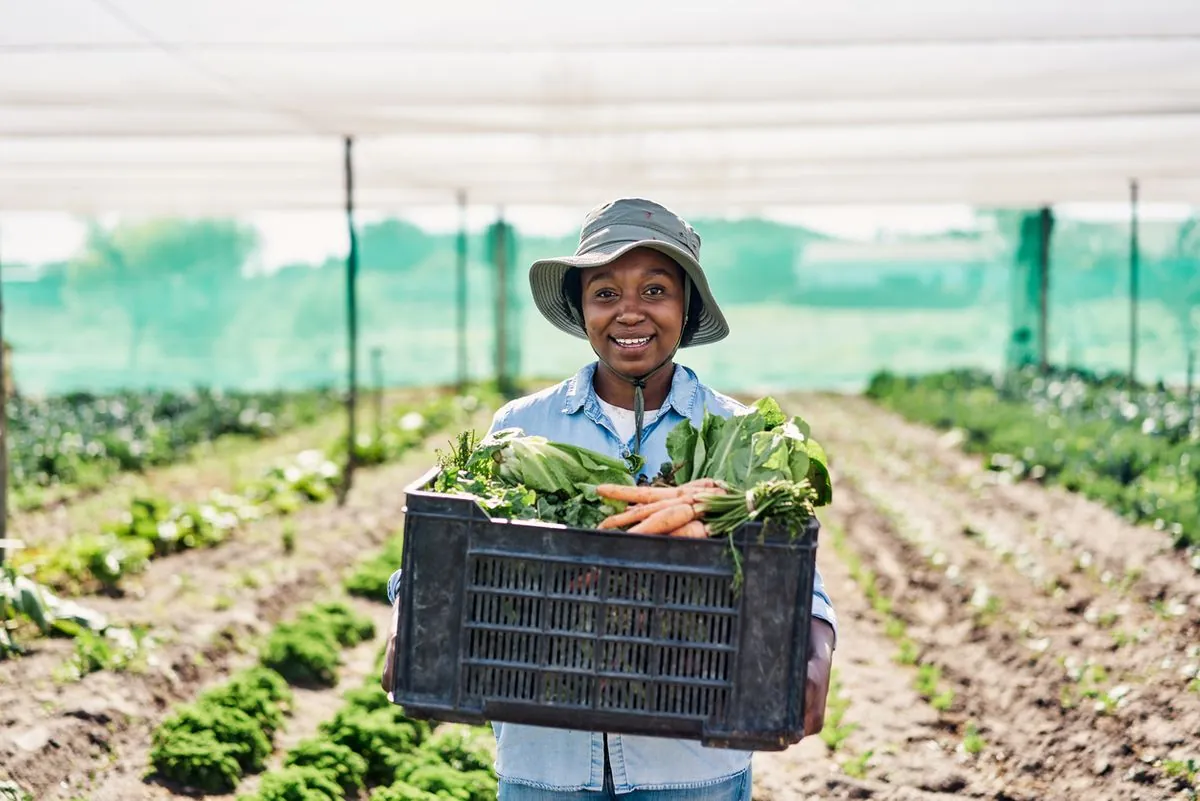Angola Seeks Green Tech Partnerships Amid Economic Diversification Efforts
Angola, seeking to reduce oil dependence, weighs offers from China and EU for green technology investments. The nation aims for economic diversification and prefers private sector engagement over traditional loans.

Angola, the second-largest oil producer in Africa, is actively seeking partnerships to diversify its economy and reduce its heavy reliance on oil exports. The nation, which gained independence from Portugal in 1975 and endured a 27-year civil war until 2002, is now at a crossroads in its economic development.
Vera Daves De Sousa, Angola's finance minister, revealed that the country is considering bids from both China and the European Union for green technology investments. This move comes as Angola, which left the Organization of Petroleum Exporting Countries (OPEC) in December 2023, looks to strengthen its financial position and enhance food security.
"If Angola's fiscal revenues were strong enough to allow us to choose based on the criteria of quality and price, we would have a totally different discussion."
The minister emphasized that Angola is not seeking more loans but rather "a new paradigm" focused on private sector engagement and public-private partnerships. This shift in approach reflects the country's desire to move beyond traditional financing models and foster sustainable economic growth.

Angola's rich natural resources extend beyond oil, including significant diamond reserves, vast agricultural potential, and diverse mineral deposits such as iron ore and gold. However, these sectors have been overshadowed by the oil industry, which accounts for 95% of the country's exports. The government now aims to develop these neglected areas to create a more balanced and resilient economy.
China, facing overcapacity in electric vehicles (EVs) and solar panels, sees Angola as a potential market for these products. However, De Sousa indicated that China would need to increase its financing to Angola for the African nation to absorb more Chinese-made goods. This situation highlights the complex dynamics of international trade and investment in developing economies.
The competition between China and Europe for Angola's business is intensifying. While China has expressed willingness to help modernize Angola's agricultural sector and diversify its economy, European countries are also offering financing solutions. De Sousa noted that Angola might purchase more solar panels from Europe due to the availability of financing from that region.
As Angola navigates these opportunities, it must consider its long-term economic stability. The country boasts significant hydroelectric potential due to its river systems and a rich biodiversity, including several endemic species like the giant sable antelope, its national animal. These natural assets could play a crucial role in Angola's sustainable development strategy.
The ongoing discussions and potential partnerships will be a key focus at the ninth Forum on China-Africa Cooperation Summit, taking place in Beijing this week. As Angola, with its population of about 33 million and one of the fastest-growing economies in Africa, seeks to chart a new economic course, the outcomes of these negotiations could have far-reaching implications for its future prosperity and global partnerships.


































